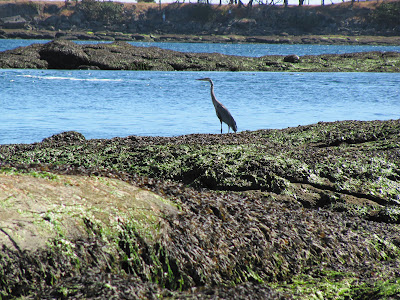Robert Reich's article in the Guardian "Americans Acceptance of Trumps Behaviour Will be His Vilest Legacy" and good people will let it slip with phrases like - you can't change the world. But what they and we need to understand is people have changed the world before.
Suppose everyone believed this at the end of WWII? If Hitler had continued his killing across Europe until all that is diverse: love, struggle, despair, compassion, as it reveals itself in culture, was sent to the gas chambers? Would we realize then that the scapegoat is us? Would we understand that the strongman's enemy is life itself? There would be no writers, no musicians, no scientists, no public intellectuals, no universities.
Life here would be like that portrayed in Les Miserables—the struggle to survive an endless punishment. There would be no Handmaid's Tale because rape would be normalized for all women. There would be no Christmas Carol because Scrooge would be in charge.
The goal of fascism is to get rid of social conscience and you can do that by teaching people they are nothing but isolated egos competing for the most of what each of them want; that violence, competition, war, torture and greed are the natural order rather than the result of centuries of trauma and alienation.
The city would be a prison where everyone must look over their shoulders at every corner.
Yes corruption is creating a narrative with misinformation and cynicism, but imagine your world where cruelty and all its devices have no names because no-one is aware it could be different.
It still would take at least a century to kill off all living creatures and life would be unbearable for anyone who was not a narcissistic psychopath.


















